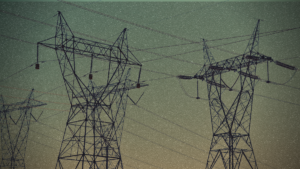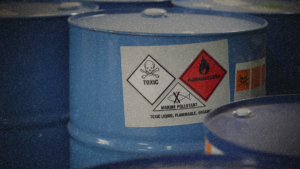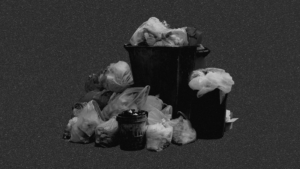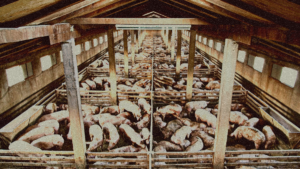
Want to Buy an Electric Vehicle? You Could Get $7,500 Tax Credit in Cash
Electric vehicle ownership in North Carolina has surged in the last two years. According to the Independent Tribune, North Carolina has over 70,000 registered electric vehicles as drivers across the state have taken advantage of EV-related tax credits included in the federal Inflation Reduction Act.









